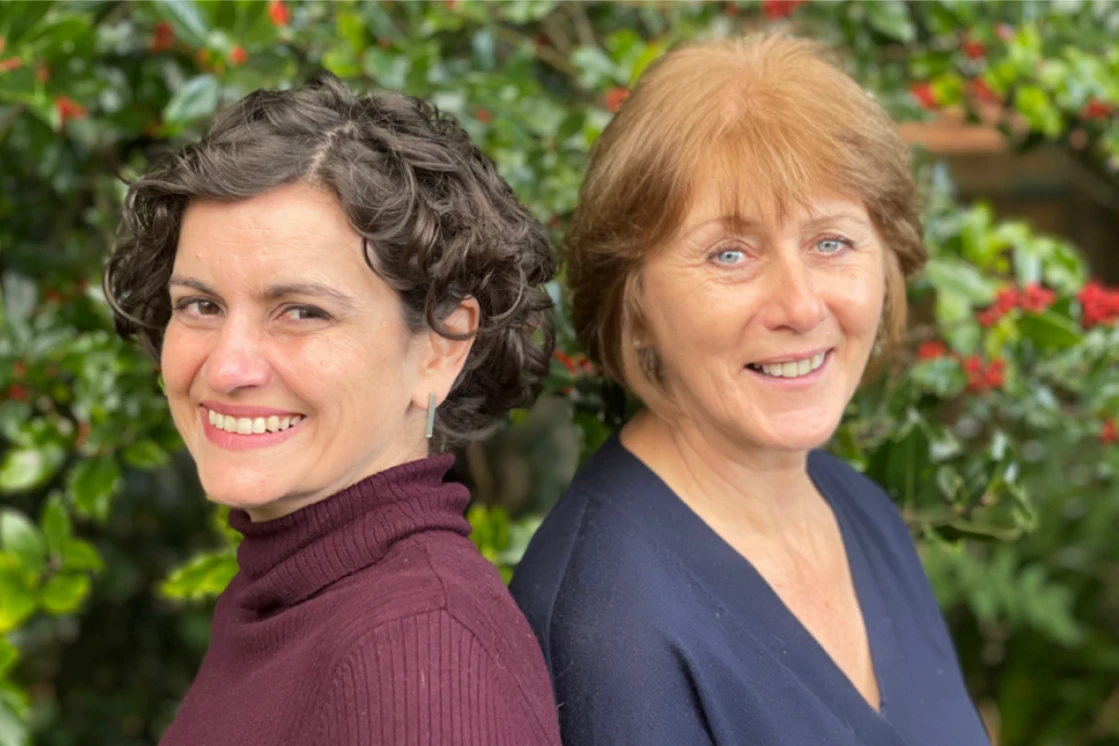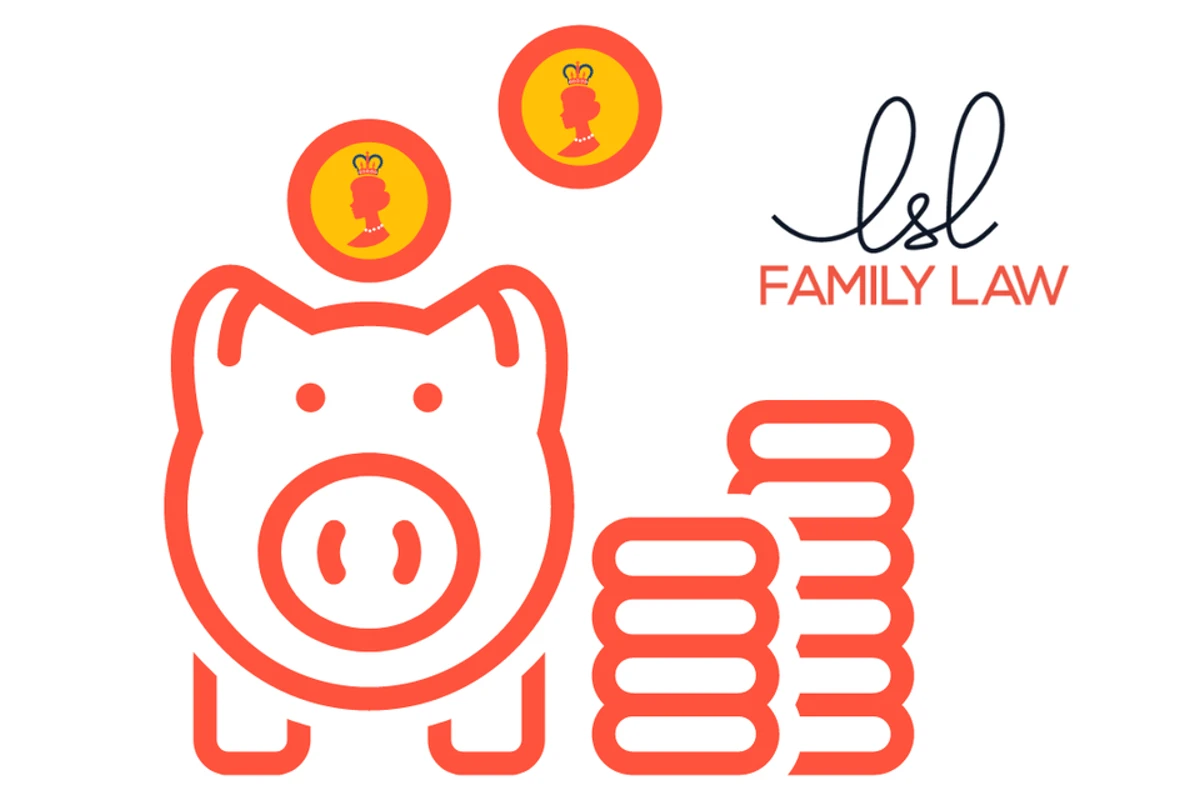In this month’s blog, we explore child inclusive mediation and the potential benefits for children and their separating parents.
According to the latest statistics from the Department for Work & Pensions, there are 2.4 million separated families in Great Britain, with 3.6 million children in separated families.1 As discussed in previous blogs 2, the current pressure on family courts is immense and should only be used as a last resort:
‘Where there are no issues of domestic abuse or child protection, parents ought to be able, or encouraged, to make arrangements for their own child, rather than come to a court of law and a judge to resolve the issues.’ Sir Andrew McFarlane, President of the Family Division.3
How do you resolve child arrangements without going to court?
There are several non-court issue resolution pathways to be explored and one of the most popular is mediation. Mediation is a process that helps parents to work cooperatively to make joint decisions about their children’s future before, during and after separation.
An accredited mediator will facilitate important conversations about child arrangements and finances, supporting the separated couple to develop a good working relationship so that they can move forward in a positive way. Mediation also encourages parents to keep their children’s needs at the centre of any new arrangements.
Children’s emotions at separation
When parents or caregivers separate, their immediate concern is usually the potential impact on their children. Accommodating the feelings and needs of children and young people at a time when parents themselves are facing a range of difficult decisions can be very challenging. Children might feel shocked, sad, angry, embarrassed, confused, or unsure what to do or say. Children sometimes believe that the separation is a result of something they have done, or they might feel responsible for the well-being of one or both parents. It is also common for children to experience a sense of powerlessness during the separation process, especially if arrangements are being made without their needs and opinions being taken into consideration.
Children aged 10 years and over have a right to have their voices heard in matters that affect their future: child inclusive mediation enables children to air their views in a relaxed and supportive environment.
How can child inclusive mediation make a difference?
Child inclusive mediation is a special mediation session with only the child(ren) and a suitably qualified mediator present. Children are free to express their views to someone neutral: to explain their feelings and raise issues that they might not be comfortable discussing with their parents, friends, or family.
During the mediation session, children’s views are respected – there is no pressure to mention anything they do not wish to, and the meeting is friendly and informal. Children are never asked to make decisions about future arrangements, but they can give their opinions. Information disclosed by children is confidential (subject to safety exceptions) and parents can feel reassured that their child is being supported and that they have someone they can talk to about the changes affecting their lives.
At the end of the session, children choose what, if anything, they wish the mediator to tell their parents. Parents then have the opportunity to listen to their child(ren)’s views and adapt their plans accordingly. The mediator may also suggest other support services for the child(ren) e.g. counselling, or useful reading material.
By participating in decisions about who they will spend time with (parents and extended family) and where they will live, children often find it easier to accept their parents’ separation and embrace their new family situation. After all, even when you are separating, you are still a family, just a different shape.
How can LSL Family Law help?
A former district nurse and community midwife, Linda Lamb is an experienced, accredited mediator with the Law Society and the Family Mediation Council. Linda is qualified to meet with children in mediation. If you would like to find out more about child inclusive mediation, please give Linda a call on 01273 041 011.
Notes
- www.gov.uk/government/statistics/separated-families-statistics-april-2014-to-march-2020/separated-families-statistics-april-2014-to-march-2020
- www.lslfamilylaw.co.uk/family-mediation-the-heart-of-the-matter/ & https://lslfamilylaw.wpengine.com/why-choose-children-arbitration/
- www.judiciary.uk/publications/what-about-me-reframing-support-for-families-following-parental-separation/
Useful links
www.lslfamilylaw.co.uk/portfolio-items/mediation-services/
thefma.co.uk/about-family-mediation/direct-consultation-with-children/
www.familymediationcouncil.org.uk/mediation-isnt-only-for-the-adults/







